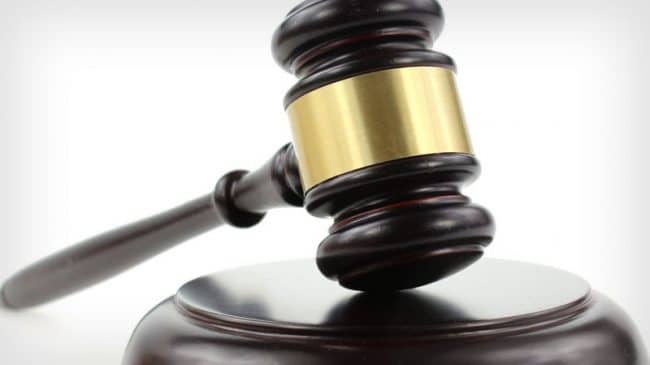IN THE UNITED STATES COURT OF APPEALS FOR THE ELEVENTH CIRCUIT
THOMAS HAYDEN BARNES, PLAINTIFF-APPELLEE
V.
RONALD M. ZACCARI, ET AL. DEFENDANTS-APPELLANTS
Filed by Reason Foundation, The Foundation for Individual Rights in Education, The American Booksellers Foundation for Free Expression, The American Civil Liberties Union Foundation of Georgia, The American Council of Trustees and Alumni, The Cato Institute, The Electronic Frontier Foundation, Feminists for Free Expression, The Individual Rights Foundation, The Libertarian Law Council, The National Association of Scholars, The National Coalition Against Censorship, The National Youth Rights Association, Students For Liberty, and Southeastern Legal Foundation.
For decades, courts have recognized the crucial importance of ensuring that students attending our nation’s public colleges and universities enjoy robust constitutional freedoms, including the right to due process of law and the right to freedom of expression. Yet despite this well-established jurisprudence, students like Hayden Barnes continue to suffer violations of their civil liberties. Colleges nationwide are quick to deny students minimum guarantees of due process and readily punish students for engaging in clearly protected expression. These abuses persist in large part because few students stand up for their rights, as Barnes has here. This court must act to remedy the injustice Hayden has suffered-and to ensure that it is not repeated elsewhere.
Barnes’ case is a shocking example of the unconstitutional abuses marring our public institutions of higher education. Because Barnes exercised his First Amendment rights by peacefully protesting the planned construction of a parking facility, he was targeted for expulsion by former Valdosta State University President Ronald Zaccari. The record below makes clear that Zaccari, embarrassed and vindictive, entirely disregarded the repeated warnings of his staff in a zealous, single-minded effort to silence Barnes by removing him from campus-but only after cynically painting him as a “threat,” despite the complete lack of any evidence to that effect.
Possessing clear knowledge of the constitutional rights to which Barnes was entitled, Zaccari nevertheless ignored longstanding legal precedent, the Valdosta State University Student Handbook, and the counsel of his fellow administrators. While Zaccari had been notified that expelling Barnes without notice of the charges against him or any form of hearing would violate Barnes’ due process rights, he chose to do so regardless. Denial of the defense of qualified immunity is entirely appropriate-and, in fact, required-when a public official acts as Zaccari did here, willfully abandoning the constrictions of binding legal precedent in a determined effort to deprive another of constitutional rights.
College administrators nationwide are watching this case closely. The desire of some administrators to censor unwanted, unpopular, or merely inconvenient speech on campus is matched by a willingness to seize upon developments in the law that grant them greater leeway to do so. Given the egregious nature of the rights violations at issue here, granting Zaccari qualified immunity will have a profound effect on college administrators’ sense of obligation to safeguard students’ constitutional rights. If students like Hayden Barnes are unable to vindicate their rights after suffering abuses like those before the court, would-be censors across the country will be free to flout constitutional obligations with impunity. If this result is permitted, both our public system of higher education and society at large will suffer.
